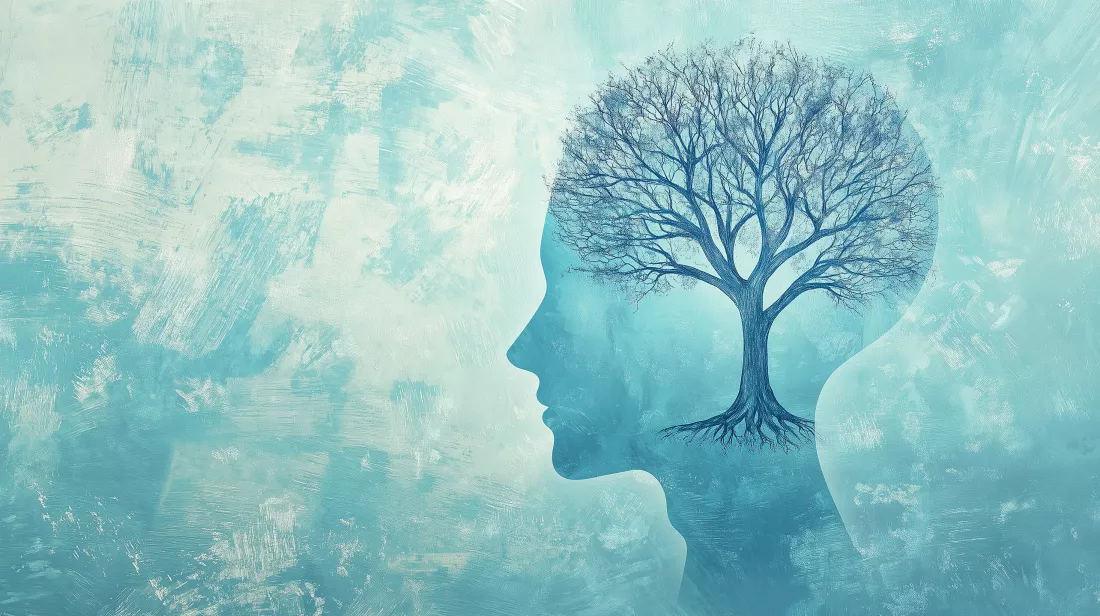We cannot describe how the mind is made without having good ways to describe complicated processes. Before computers, no languages were good for that. Piaget tried algebra and Freud tried diagrams; other psychologists used Markov Chains and matrices, but none came to much. Behaviorists, quite properly, had ceased to speak at all. Linguists flocked to formal syntax, and made progress for a time but reached a limit: transformational grammar shows the contents of the registers (so to speak), but has no way to describe what controls them. This makes it hard to say how surface speech relates to underlying designation and intent–a baby-and-bath-water situation. I prefer ideas from AI research because there we tend to seek procedural description first, which seems more appropriate for mental matters.
Marvin Minsky, in "Music, Mind, and Meaning" (1981)

